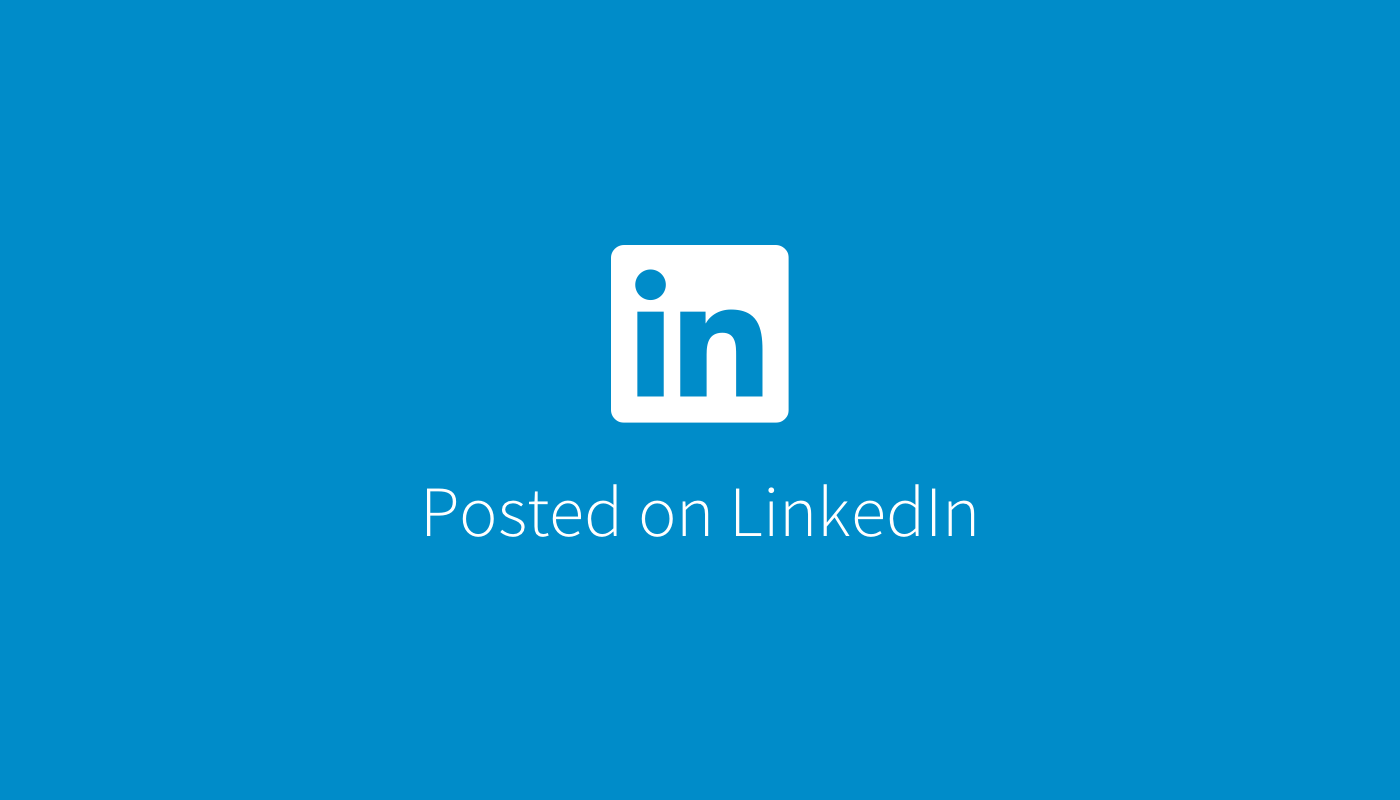Deciding whether to inform your employer about your ADHD diagnosis can be challenging. This decision is particularly relevant for adults who have recently received a diagnosis or those considering a job change. After navigating lengthy NHS waiting times, which can range from 12 weeks to over a decade, many individuals feel a sense of relief upon receiving their ADHD diagnosis. However, sharing this news with an employer requires careful consideration of the benefits and risks involved.
Research from The Chartered Institute of Personnel Development (CIPD) indicates that 20% of neurodivergent employees face harassment or discrimination in the workplace due to their conditions. Furthermore, only 50% of neurodivergent employees believe their workplace fosters an open and supportive environment regarding neurodiversity. This situation leads to approximately 31% of neurodivergent individuals choosing not to disclose their condition, with fears about being stereotyped or negatively impacting their career.
### Pros of Disclosing ADHD
1. **Improved Mental Wellbeing**: For many, discussing their ADHD diagnosis can alleviate stress and anxiety. Open communication can foster support and reduce stigma associated with ADHD. Speaking to a trusted friend, colleague, or therapist can help clarify your feelings about disclosure.
2. **Access to Resources**: Some employers offer Employee Assistance Programs (EAPs) that include counseling and ADHD coaching. These resources can aid in managing your condition without necessitating formal disclosure to your employer. If your company has an EAP, it should maintain confidentiality, allowing you to seek help anonymously.
3. **Fostering Understanding**: Dispelling myths about ADHD is essential. Common misconceptions include the belief that ADHD only affects children or that it is synonymous with laziness. Disclosing your diagnosis can help educate your workplace and reduce misunderstandings.
4. **Reducing Burnout**: Many individuals with ADHD engage in ‘masking’ behaviors to hide their symptoms. This can lead to exhaustion and burnout over time. By disclosing your diagnosis, you may find it easier to express your true self, reducing the pressure to conform and enhancing your overall comfort at work.
5. **Inspiring Change**: By sharing your experience, you could encourage your employer to adopt more inclusive policies. Approximately 15-20% of the UK population is neurodivergent, yet many workplaces lack adequate support structures. Disclosing your diagnosis could prompt your employer to implement policies that benefit not only you but also your colleagues.
### Cons of Disclosing ADHD
1. **Fear of Discrimination**: Concerns about negative repercussions are valid. Many neurodivergent individuals worry that disclosing their condition could impact their career advancement or lead to biased treatment.
2. **Lack of Knowledge**: Not all workplaces understand ADHD adequately. If your employer or colleagues hold misconceptions, disclosing your condition might not lead to the support you need and could even result in further stigma.
3. **Pressure to Perform**: Some individuals may feel pressure to prove their competency after disclosing their ADHD, leading to increased anxiety and stress.
4. **Uncertain Environment**: If your workplace lacks a supportive culture around neurodiversity, sharing your diagnosis may not yield any benefits and could lead to a more isolating experience.
### Making the Decision Ultimately, the choice to disclose your ADHD diagnosis is personal and should be made based on your comfort and the specific workplace environment. If you are unsure, consider discussing your thoughts with someone you trust, whether that be a friend, family member, or mental health professional. Remember, there is no timeline for disclosure. You can take your time to assess your workplace’s culture and determine when—or if—you feel ready to share your diagnosis.
Consider proposing changes or accommodations to your employer without disclosing personal information if you feel uncomfortable. Anonymous feedback systems can also be effective for suggesting improvements in the workplace.
In summary, while discussing your ADHD diagnosis can bring benefits like improved support and understanding, it also carries risks of discrimination and misunderstanding. Weigh your options carefully and choose what feels right for you.



